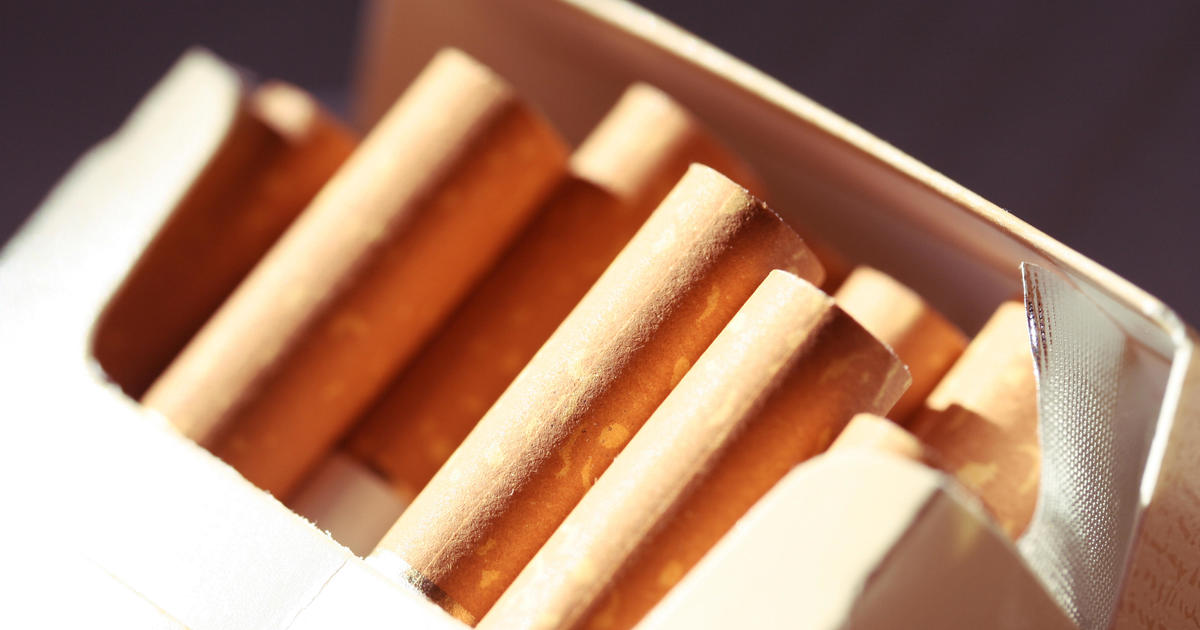Lead Fragments Poison Another Bald Eagle
MINNEAPOLIS (WCCO) -- It appears more than whitetails were harvested by Minnesota deer hunters this fall. Veterinarians with the University of Minnesota Raptor Center had to euthanize a second bald eagle Thursday due to lead poisoning.
The eagle was found near Duluth had some of the highest lead toxicity levels the Raptor Center has seen.
More than likely the sick eagle ate from the field remains of a deer that had been shot with a lead bullet.
"A bullet should only kill once," said Julia Ponder, executive director at the Raptor Center.
Unfortunately, there's a part of the sport of deer hunting that's poisoning eagles.
"That gut pile, when it was field dressed and if not packed out or buried by the hunter, scavengers consume what should be a good, healthy food source," Ponder said.
Instead, tests have shown the carcass remnants are tainted by the fine dust of lead fragments.
"We see about 100 adults come in each year and 30 percent of them have lead toxicity, and most of them die," Ponder said.
Retired Department of Natural Resources Non-Game Director Carrol Henderson has been preaching about the damage caused by lead ammunition for years.
He first began seeing it when eagles became poisoned after feeding on Canada Geese that had been killed with lead shot.
While lead shot shells are now banned in waterfowl hunting, the same is not true in big game hunting in Minnesota.
"In the lead bullet those pieces can travel up to 14 inches away from the wound channel," Henderson said.
And that is posing a risk to not just wildlife, but to the very venison we consume at our dinner tables.
"What people have found is that for people using lead bullets, from 15 to 30 percent of all venison packages you get out of the meat will have lead pieces," Henderson said.
That's one of the many factors behind the decision in California to ban lead ammunition in all hunting within that state.
"The reality is that we just want hunters to continue to hunt and not have the secondary kill of eagles or other non-intended wildlife," Ponder said.
Ammunition manufacturers are in the process of ramping up non-toxic alternatives, many of which are already on the market. Copper bullets are proven to be equally as lethal and accurate but are sold at a slightly higher price.
The issue remains extremely controversial within the Minnesota Department of Natural Resources and so far the department has not gotten behind any lead bullet ban.



